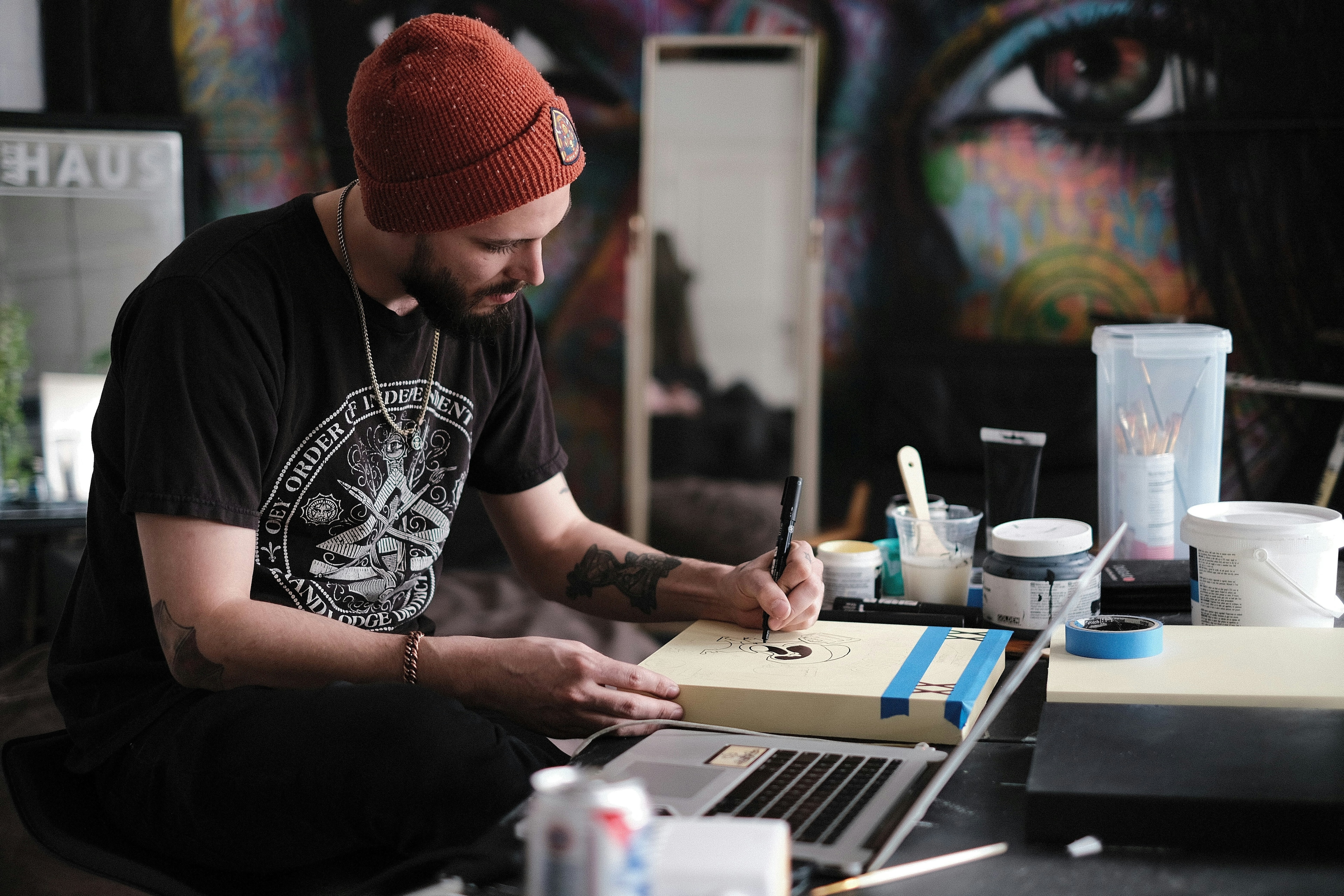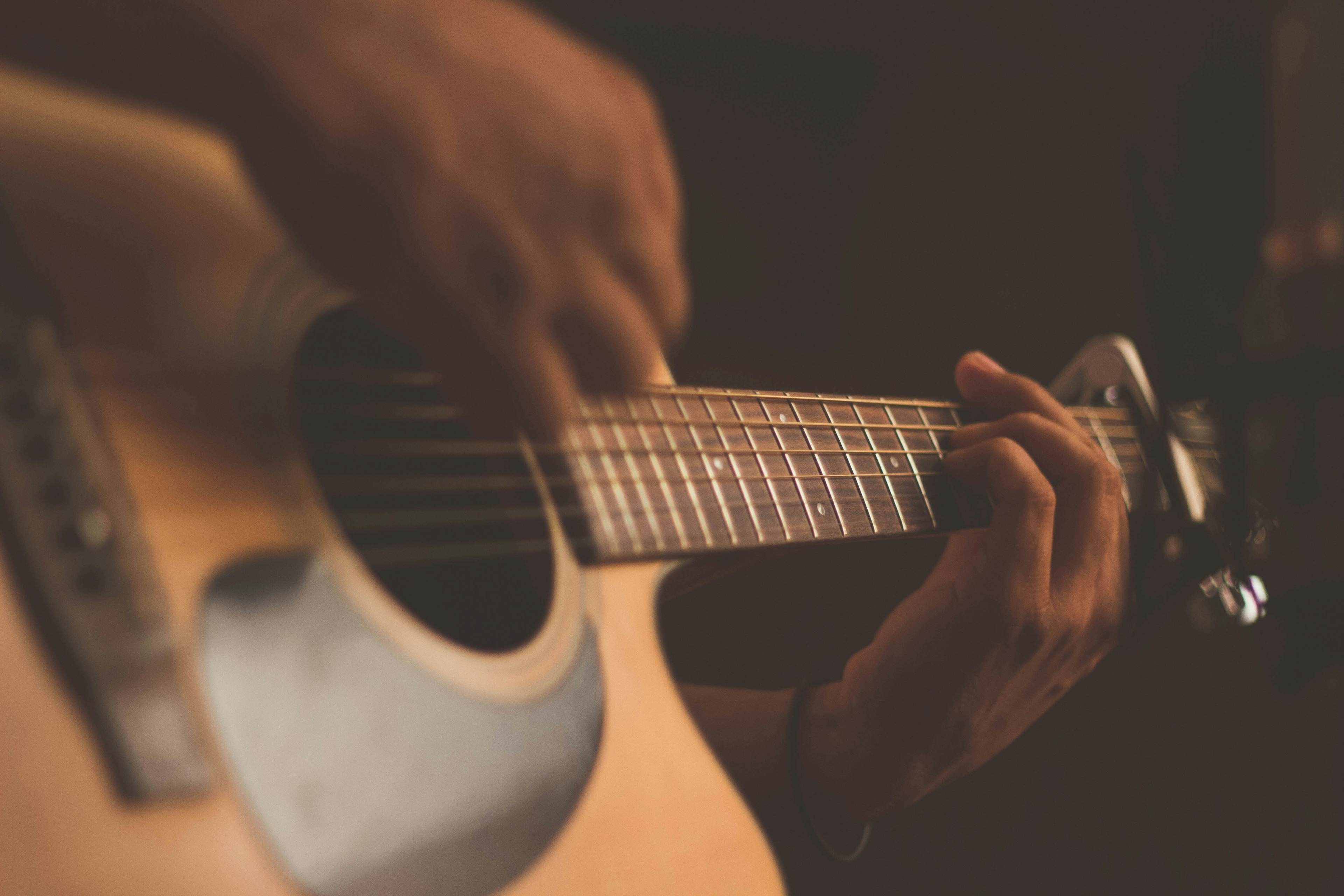TV's new lesbian Batwoman joins growing numbers of diversity-friendly superheroes

CW's Batwoman and Supergirl will be the first shows to feature openly LGBTQ live-action superheroes. Image: DC Entertainment

Get involved with our crowdsourced digital platform to deliver impact at scale
Stay up to date:
Arts and Culture
It's been noted that football is one of the few arenas where minority status no longer seems a hindrance, as France’s multicultural World Cup-winning team shows. Now another mainstream field is opening up in the same way: superheroes.
The CW Network recently announced that it is producing an adaptation of DC Comics' Batwoman, aka Kate Kane, who has been lesbian in the comic book editions since 2006. Then, just last week, the network introduced another diversity first: a transgender superhero called Dreamer, to be played in the forthcoming fourth season of Supergirl by transgender activist and actress Nicole Maines.
Batwoman and Dreamer join a recent spate of comic book adaptations for cinema and television that has wised up to the fact that today’s most culturally dominant genre has to mirror modern society better. In February, Marvel’s Black Panther film became a landmark event. It was the US’s third highest-grossing film, not only breaking a ceiling for black cinema, but riding on the back of a nuanced understanding of African-American history to become the series’ best yet.
On the small screen, Black Panther has got Black Lightning (also on CW) nipping at his heels, as well as ABC’s Luke Cage. Fox “race-lifted” Johnny Storm, traditionally white but played by Michael B. Jordan in their ill-fated 2015 Fantastic Four. Meanwhile, in March 2019, Marvel will release its first female-led film, Captain Marvel. Studio head Kevin Feige has floated the idea of a woman-slanted Marvel Cinematic Universe in the future.
Until the 1970s, token female counterparts, like the entirely straight Batwoman introduced as a love interest for Bruce Wayne in 1956, were as alternative as the pale, male comic book fraternity got. In the 1990s, Blade and Spawn, both adapted into Hollywood movies, made thrusts for black superheroes. But the last decade has seen an explosion in minority characters. Miles Morales, an Afro-Hispanic Spider-Man, took over web-slinging duties in print in 2011 after the death of Peter Parker. Ms Marvel was the most high-profile of the many Muslim superheroes who flooded in to combat post-9/11 prejudice.
It’s significant that this kind of diversity-led representation is now filtering on to screens, where it has more mainstream visibility than on the page. As with football, children from diverse backgrounds no longer need feel excluded, with ready role models who resemble them.
But we should bear in mind some limitations, too. Unless these new superheroes engage meaningfully with the lives and issues of their intended audiences, they risk becoming tokenistic identity politics appointments. The supposedly “pansexual” Deadpool, for example, was criticized for never having sex with anyone other than a woman on screen.
Get this right, as Black Panther did, and it could be the new breed of superheroes we’re talking about in 50 years' time, instead of Batman and Superman.
Don't miss any update on this topic
Create a free account and access your personalized content collection with our latest publications and analyses.
License and Republishing
World Economic Forum articles may be republished in accordance with the Creative Commons Attribution-NonCommercial-NoDerivatives 4.0 International Public License, and in accordance with our Terms of Use.
The views expressed in this article are those of the author alone and not the World Economic Forum.
The Agenda Weekly
A weekly update of the most important issues driving the global agenda
You can unsubscribe at any time using the link in our emails. For more details, review our privacy policy.
More on Arts and CultureSee all
Joseph Fowler and Amilcar Vargas
April 18, 2024
Robin Pomeroy and Sophia Akram
April 8, 2024
Faisal Kazim
April 3, 2024
Robin Pomeroy and Linda Lacina
March 28, 2024






